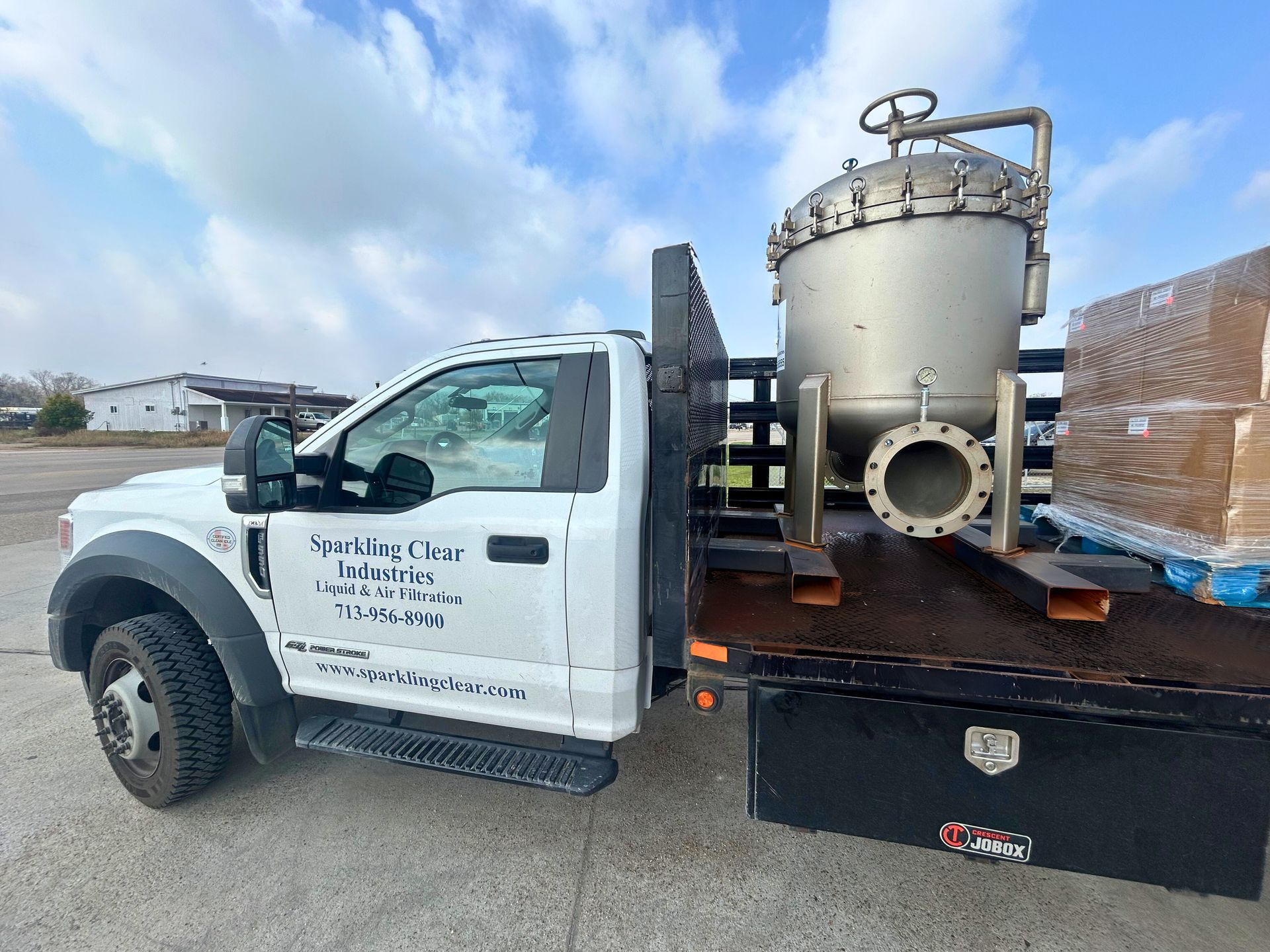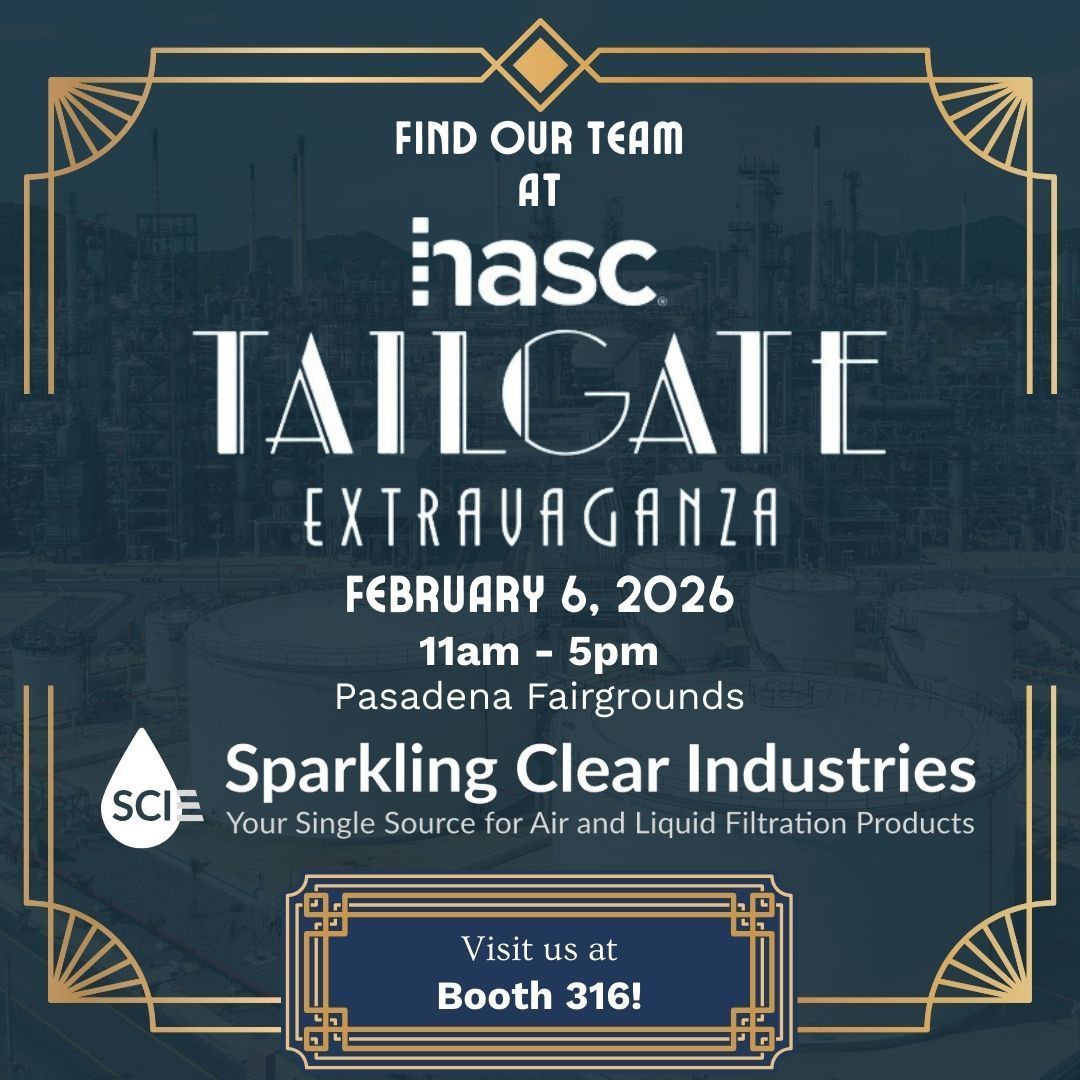Media and membrane filtration are techniques used to separate particles and contaminants from a fluid. While both methods involve passing a fluid through a physical barrier, some key differences exist between media and membrane filtration.
What Are Media Filtration and Membrane Filtration?
Media filtration involves passing a fluid through a porous bed of granular media like sand and activated charcoal to separate particles and contaminants from the fluid. The media bed acts as a physical barrier, with particles larger than the pore size of the media getting trapped within the bed. Media filtration removes suspended solids, sediments, certain microorganisms, and larger contaminants.
Membrane filtration employs a semi-permeable membrane with microscopic pores to separate particles, microorganisms, and dissolved substances from a fluid. The membrane allows smaller molecules or particles to pass while retaining larger ones. Membrane filtration is highly effective in removing suspended solids, colloids, microorganisms, bacteria, and viruses. Some can even remove dissolved substances like ions and organic compounds.
Key Benefits and Challenges of Media and Membrane Filtration
Media filtration systems have lower initial capital costs and simpler maintenance requirements. They effectively remove larger particles, sediments, and suspended solids, making them suitable for coarse filtration or sediment removal. Media filters can also handle fluctuations in water quality, turbidity, and solids concentration without a significant impact on their performance. Additionally, media filtration systems can accommodate high flow rates, making them suitable for applications requiring large volumes of fluid processing.
It is not a perfect solution. Inconsistencies in media quality or distribution can affect the overall quality of the filtered fluid. Additionally, media filtration systems typically require more space due to the physical bed of granular media.
Membrane filtration offers high filtration efficiency due to the smaller pore sizes of the membranes. They can effectively remove a wide range of particles, including suspended solids, colloids, microorganisms like bacteria and viruses, and various dissolved substances. Membrane filters also provide precise and reliable separation, ensuring high-quality filtrate.
Membrane filtration systems also have their challenges to consider. They are generally more expensive to purchase and operate than media filtration systems. Membrane fouling is a common challenge, so frequent cleaning or chemical treatment is necessary to keep the filter working efficiently. Membrane systems can also be sensitive to variations in feed water quality, requiring proper pre-treatment measures. Many membrane filtration systems also have limited flow rates, which can impact high-volume processing applications.
Do I Need a Media or Membrane Filtration System for My Commercial Property?
Determining whether to use a media filter or a membrane filter depends on several factors. Here are some considerations to help you make the decision:
- Filtration Objectives. If you need to remove larger particles or sediments, media filtration might be suitable. If you need to remove smaller particles, microorganisms, or dissolved substances, membrane filtration might be more appropriate.
- Filtration Efficiency. If you need high removal efficiency for a wide range of particles, including microorganisms and dissolved substances, membrane filtration offers superior efficiency. Media filtration is generally effective for larger particles and sediments but may not provide the same efficiency level for smaller particles or dissolved substances.
- Budget and Operating Costs. Media filtration systems are generally less expensive to install and maintain than membrane filtration systems. However, membrane filters can save money through efficiency costs and more predictable quality. Weigh the costs against the quality and efficiency you will receive from each filter as you make your determinations.
- Maintenance and Expertise. Media filtration systems are often simpler to operate and maintain. Membrane filtration systems are more complex, requiring regular cleaning, monitoring of membrane performance, and potential membrane replacements. Determine if you have the resources, expertise, and infrastructure available for proper system operation and maintenance as you make your choice.
- Fluid Quality Standards. Consider any specific quality standards or regulatory requirements that need to be met. Certain applications, such as drinking water treatment or pharmaceutical production, may have stringent standards for particle or microbial removal. Evaluate if membrane filtration is necessary to achieve the required water quality standards.
By evaluating these factors and understanding the specific filtration needs, you can make an informed decision on whether to use a media filter or a membrane filter. If in doubt, a specialist can help you determine what kind of filters would be the best fit for your system.
Sparkling Clear Has The Filter You Need When You Need It
With custom premium filtration products available from over 300 cross-referenced manufacturers, our specialists can solve almost any filtration need you could have. Contact us today to find a fast, efficient, and affordable solution.
Share this Post!




